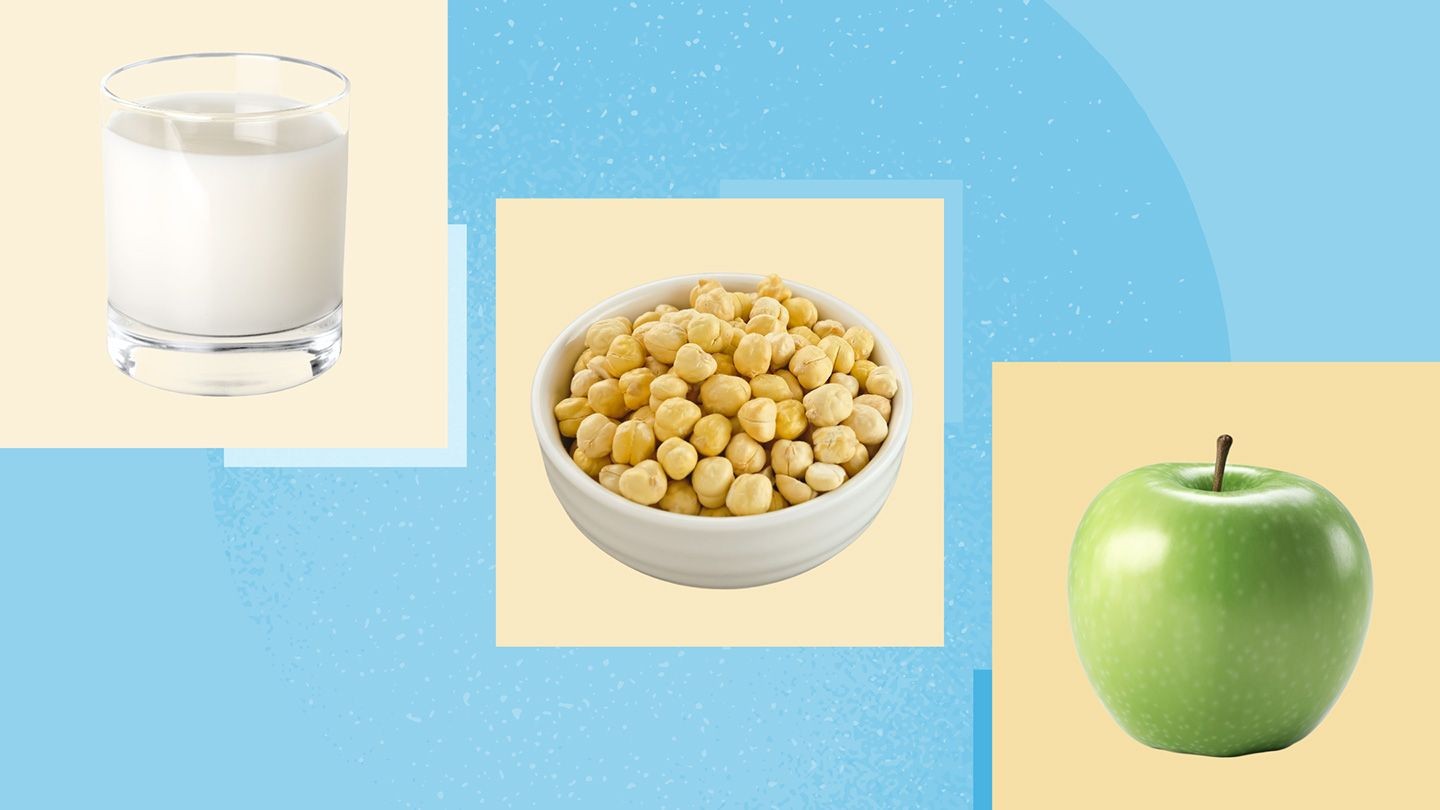Living with gallstones or having undergone gallbladder surgery often brings questions about dietary restrictions. While a doctor’s guidance is crucial, understanding how certain foods might impact your condition can empower you to make informed choices.
The Impact of Gallstones on Diet
Gallstones, hardened deposits in the gallbladder that store bile (a digestive fluid), can cause pain and complications if they block bile flow. A key factor in managing gallstones is often dietary modification. This isn’t necessarily about strict elimination but rather understanding which foods might contribute to their formation or trigger discomfort.
Common Dietary Concerns After Gallbladder Removal
Gallbladder removal surgery (cholecystectomy) removes the organ, forcing your body to adjust bile processing directly from the liver. While many people experience symptom relief, some find certain foods initially harder to digest.
Can You Eat Salads and Greens with Gallstones?
Generally, yes! Leafy greens are packed with nutrients and are often recommended in a healthy diet, even with gallstones. The key is moderate intake and preparation:
* High-fiber salads: While beneficial overall, large, high-fiber salad portions might be challenging initially after surgery or during flare-ups. Start small and gradually increase the amount.
*
* Chopping/massaging: Some find that chopping greens finely or massaging them with dressing helps aid digestion.
Can Protein Shakes Cause Gallbladder Problems?
High-fat protein shakes can be problematic for people with gallstones, as dietary fat triggers gallbladder contraction to release bile. Over time, this repetitive strain might exacerbate symptoms. Look for low-fat options and avoid excessive consumption, particularly during flare-ups.
What is the Effect of Olive Oil on a Person With No Gallbladder?
Olive oil is generally healthy, but its impact post-cholecystectomy requires some consideration.
* Bile Emulsification: Without the gallbladder to concentrate bile, olive oil’s emulsifying properties (helping it break down) might be less efficient. This can lead to occasional digestive discomfort like bloating or diarrhea for some individuals.
* Moderation is Key: Start with small amounts and observe your body’s response. Many people tolerate moderate amounts of olive oil well after gallbladder removal.
What Can You Eat For Breakfast With Gallbladder Disease?
A balanced breakfast that avoids excessive fat, cholesterol, and processed sugars can be helpful:
* Fruit with low-fat yogurt: Provides fiber and protein without taxing the system.
* Oatmeal: Choose steel-cut or old-fashioned oats over instant varieties, which often contain added sugars.
* Eggs (prepared simply): Scrambled or poached eggs are gentler on digestion than fried options.
Is It Okay to Eat Seafood if You Have Gallstones?
Fish is generally a good choice as it’s lower in saturated fat compared to red meats. However, fatty fish like salmon and tuna should be consumed moderately.
* Shellfish: Some find shellfish more difficult to digest, particularly with gallstones. Listen to your body’s cues.
Is It Okay to Eat Popcorn When You Have Gallstones?
Plain air-popped popcorn can be a low-fat, fiber-rich snack option. Avoid butter and excessive salt toppings, which can lead to indigestion and discomfort.
Prevention is Key: Best Ways to Minimize Gallstone Risk
While gallstones can develop regardless of diet, certain lifestyle choices significantly reduce your risk:
* Maintain a healthy weight: Obesity is a major risk factor for gallstones. Gradual weight loss through exercise and balanced eating is highly beneficial.
* Balanced Diet: Prioritize fruits, vegetables, whole grains, and lean protein sources. Limit saturated and trans fats (found in processed foods and some animal products).
Dietary Guidance After Gallbladder Surgery
Your doctor will provide specific instructions, but generally:
* Phase 1: Begin with clear liquids and bland foods like toast or crackers to allow your digestive system to adapt. Gradually increase food variety as tolerated.
* Phase 2: Focus on small, frequent meals and avoid greasy, fried, or overly fatty foods that might be harder to digest initially.
A well-planned diet can go a long way in managing gallstones and ensuring a smooth recovery after surgery. Remember, individualized needs vary. Close communication with your healthcare provider is essential for creating a plan that works best for you.
